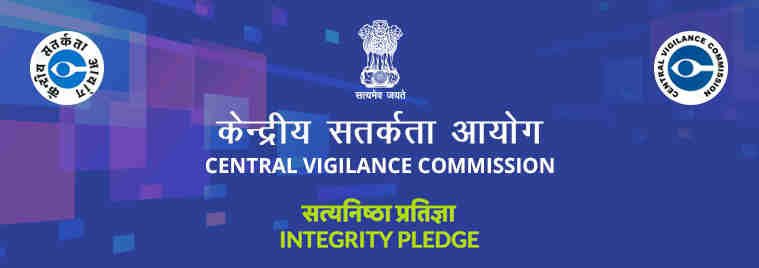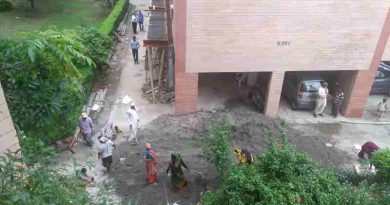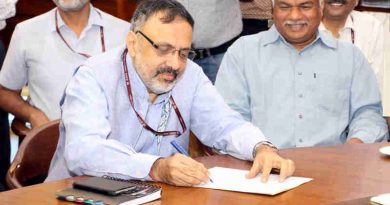How to Use RTI Act to Stop Corruption in India

The 25th lecture of the ‘Lecture Series’ organized by India’s top anti-corruption organization Central Vigilance Commission (CVC) was delivered by Radha Krishna Mathur, Chief Information Commissioner, Central Information Commission (CIC) on the topic “RTI Act for Transparency and Accountability” in New Delhi today.
The areas of intersection between the CIC and the CVC were dealt with in the lecture delivered by Mathur, explaining the traditional roots of ethics and probity in public service.
The experience of Western countries with the concept of the Right to Information (RTI) / Freedom of Information was explained in detail. Mathur said that more than 100 countries comprising about 78 percent of the world’s population is covered by such legislation.
[ Report Corruption in Delhi Housing Societies to Clean House ]
He said that some areas where transparency could help in improving governance include tender committee deliberations and decisions regarding major contracts; defence procurement processes, from framing of specifications to procurement decisions; ownership and possession of land; and settlement dues of retiring employees.
Mathur further said that a case was made for inclusion of a clause for transparency and accountability in all laws being formulated.
[ Slaves in Delhi: How Delhi Govt Fails to Protect Labour Rights ]
Other suggestions for improving transparency and accountability included digitization of all cutting- edge service delivery processes; digitization of records; RTI appeals and public grievances to be used as an input into improvement of organizations as well as for vigilance; data mining; and suo moto disclosure by government agencies.
[ RCS Office of Delhi Govt Fails to Check Corruption ]
Mathur expressed the need for some preventive vigilance projects to be implemented in selected organizations on a pilot basis, for improvement of the working of organizations. Vigilance Commissioners Rajiv and Dr. T. M. Bhasin were present on the occasion.
The lecture was also attended by full-time and part-time CVOs based in Delhi / NCR as well as CMDs, Directors and other officers of Government Ministries / Departments, Central Public Sector Enterprises, Nationalized Banks, and other organizations.






